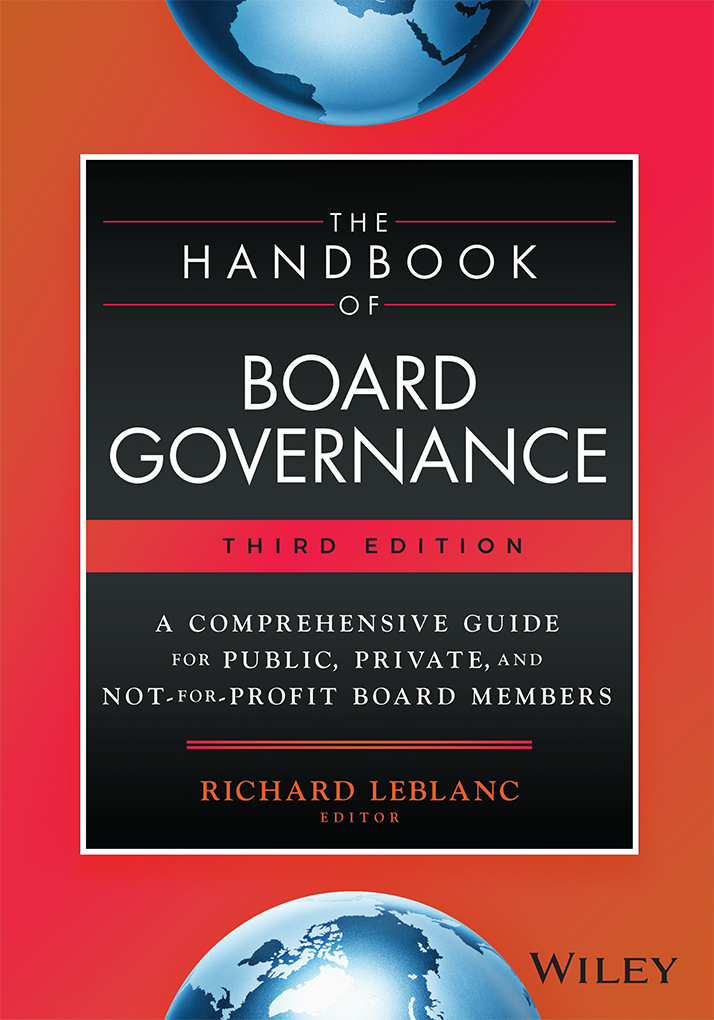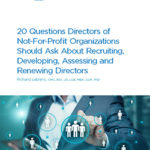The Ontario Securities Commission has asked whether proxy advisory firms should be regulated. (Proxy advisory firms, such as Institutional Shareholder Services and Glass Lewis, which is owned by Ontario Teachers Pension Plan, provide governance assessment and recommendations to institutional shareholders on their voting at annual meetings of companies.) In my view, proxy advisory firms should be regulated for three important reasons.
Conflicts of Interest
Proxy advisory firms also provide consulting services to companies to improve their governance score. This would be analogous to me as a teacher providing tutorial services for money for students to improve their grade. Or credit rating agencies receiving fees for other services other than an independent rating of creditworthiness of the company. The business model for proxy advisory firms needs to change such that there is no non-assessment services offered by them. Similar to auditors being restricted only to the audit, and compensation consultants being restricted only to compensation assurance services, any firm charged with independent assurance of governance should not have a consulting revenue stream. Having an alternative revenue stream to an assessment undermines the independence and objectivity of the assessment, and the appearance and confidence in the marketplace that the assessment is not unduly influenced by proprietary interests.
Lack of Qualitative Assessment of Governance Quality and Predictive Validity on Shareholder Value
Second, there is limited peer-reviewed evidence that proxy advisory firms actually measure governance quality, or that what they do measure predicts shareholder value. These are commercial firms whose business model is predicated on volume-based, externally measureable metrics. What is measureable, such as structural independence governance metrics, such as separate chairs and director independence, does not necessarily impact board effectiveness or shareholder performance, the research shows. What is relevant are qualitative factors like board and director qualities, culture, judgment and circumstances. These are more difficult to measure from outside a boardroom. We see the inconsistencies in proxy advisory firms’ ratings where the same company receives divergent ratings from different proxy advisor firms, or companies that experienced governance failure formerly received high ratings. Proxy advisory firms should be required to assess and incorporate qualitative and firm-specific factors into their ratings and recommendations, with a process for independent review, audit and arbitration if necessary. The personnel and sources consulted to produce a proxy advisory report should also be disclosed. See the paper by Leblanc et al., here under “The Governance of Proxy Advisors.”
Lack of Transparency
Third, the transparency of proxy firms should be increased. Proxy advisory firms’ rating methodologies and weightings to various factors are divergent. If they were measuring governance quality with rigor, we would expect to see convergence. Not surprisingly, individual companies may receive different ratings depending on the proxy advisory firm. This inconsistency needs to be addressed. Governance ratings according to Stanford researchers who study them were found to have little predictive validity among the ratings of any of the three proxy advisory firms examined. The authors go on to write (Larcker and Tayan, 2011, p. 446-447), “the study found low correlation among the ratings of the three firms, low correlation between the ratings of each firm and future performance, and low correlation between the ratings of Risk Metrics/ISS and the proxy recommendations of Risk Metrics/ISS. The authors concluded that “these governance ratings have either limited or no success in predicting firm performance or other outcomes of interest to shareholders. … Our view is that … the commercial ratings contain a large amount of measurement error. … These results suggest that boards of directors should not implement governance changes solely for the purpose of increasing their rankings.” They further examine governance rating systems by academic researchers and conclude that predictive ability of a rating index on future firm performance has not been reached.
The use of and reliance upon ratings and proxy advisory services by institutional shareholders should also be transparent and accessible on the institutional shareholder website. (See the above paper.)
Boards of directors criticize proxy advisory firms for their ‘check the box’ and ‘one sized fits all’ approach to corporate governance; the enormous influence that they have; and their lack of transparency and accountability – in the governance field – when these firms and shareholders they serve insist on it from others. It seems to me that there is merit in concerns that boards have.
Posted by Richard Leblanc on Jul 17, 2012 at 4:20 pm in Uncategorized |












